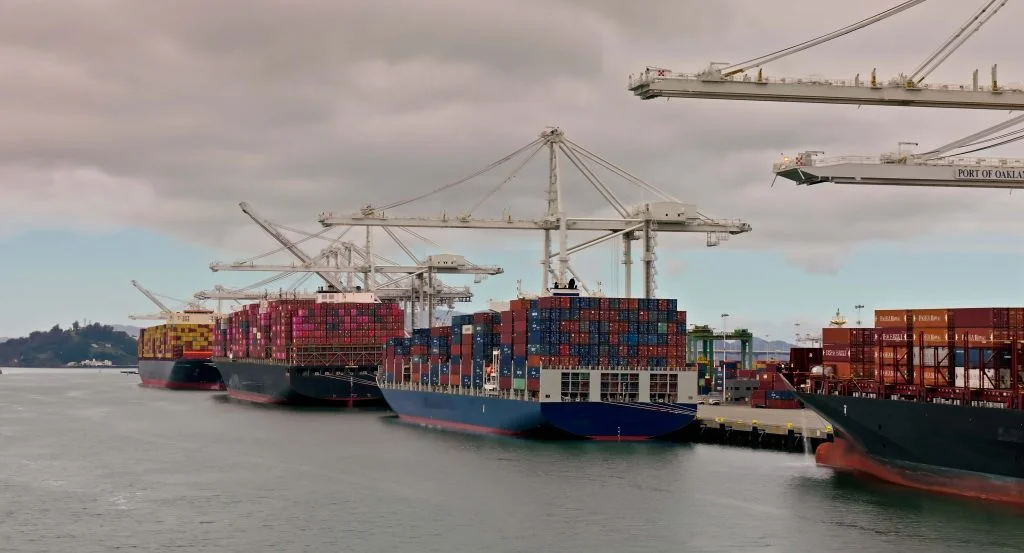China announced on Monday that it is suspending specific fees levied on vessels linked to the United States for a period of one year.
This move is reciprocal, mirroring a pause on similar duties implemented by Washington against Chinese ships. This action marks the latest step in a delicate trade truce between the world’s two largest economies.
Easing Maritime Duties
The two superpowers have been engaged in prolonged trade friction, characterized by escalating tariffs. However, a breakthrough occurred following a meeting between leaders last month in South Korea, leading to an agreement to scale back some punitive economic measures.
The suspension of the “special port fees,” which applied to US-operated or US-built vessels entering Chinese ports, became effective on Monday at 13:01 Beijing time. A statement from China’s transport ministry confirmed the immediate halt of the charges.
This sector holds significant global economic weight. While the US shipbuilding industry has dramatically declined since its post-Second World War dominance, it now represents a small fraction of worldwide output.
Asia currently dominates this sector, with China constructing nearly half of all newly launched ships, leading competitors like South Korea and Japan.
Lifting Measures Against Shipbuilding Affiliates
In a separate but related development, Beijing also committed to suspending sanctions previously placed against US subsidiaries of Hanwha Ocean, a major South Korean shipbuilder.
China’s commerce ministry clarified that this year-long suspension, effective from November 10, was directly linked to the US decision to halt port fees it had imposed on Chinese-built and operated ships.
“In light of this [US suspension]… China has decided to suspend the relevant measures,” the online statement read.
China originally imposed sanctions on five US-based affiliates of Hanwha in October. These measures were in response to the US government’s investigation, which argued that Beijing’s dominant position in the shipbuilding sector was unfair.
Prior to the suspension, Chinese organizations and citizens were prohibited from cooperating with these specific Hanwha entities.
Additionally, a planned inquiry into whether the US investigation compromised the interests of China’s own shipbuilding supply chain has also been temporarily shelved for one year, according to the transport ministry.
Broader Trade De-escalation
These suspensions are the newest indicators of a warming in economic ties following the high-level meeting.
Earlier in the week, China confirmed it would extend the suspension of extra tariffs on certain US imports, keeping the base rate at 10 percent. They also suspended select tariffs on US agricultural goods, including soybeans.
Furthermore, Beijing agreed to halt restrictions on the export of rare earth technology for one year. Concurrently, China suspended export bans on three metals vital for modern technology: gallium, germanium, and antimony.
In corresponding action, Washington agreed to suspend, also for one year, export restrictions on foreign companies that are majority-owned (at least 50 percent) by blacklisted entities, as the Chinese commerce ministry detailed previously.




















